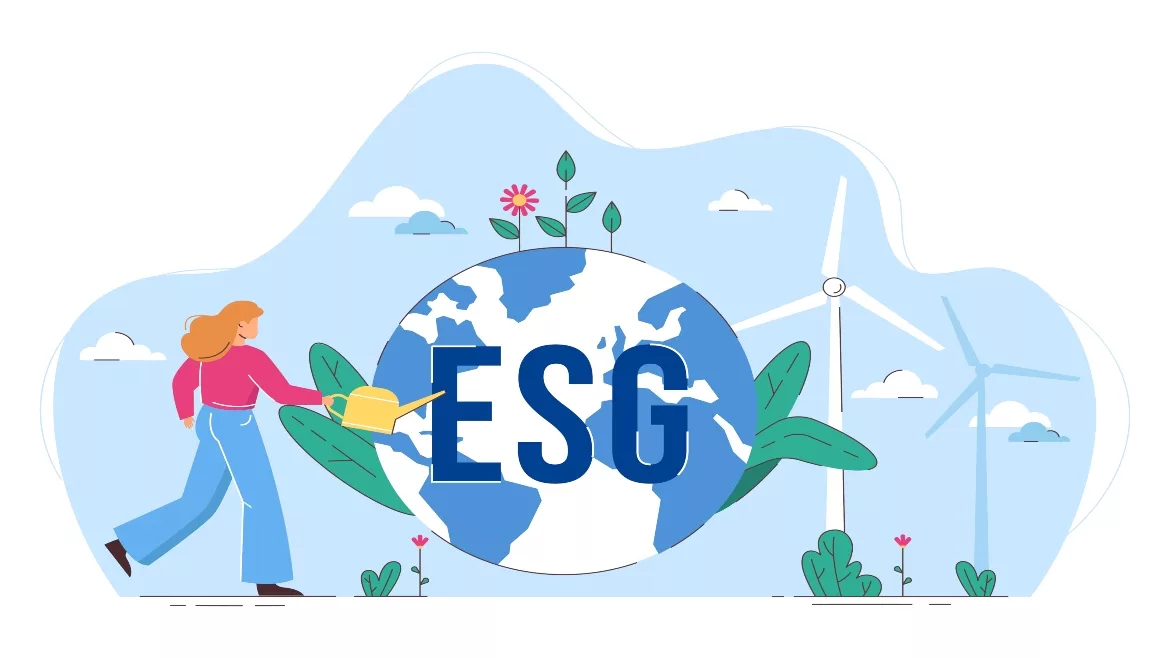Anti-bribery, corruption programs to take on more responsibility in 2022

Kroll released its 2022 Anti-Bribery and Corruption Benchmarking Report, which found that 70% of survey respondents in the U.S. and Canada ranked their anti-bribery and corruption (ABC) programs as effective, with over half indicating their compliance program will take on increased responsibility in 2022.
The report highlights the results of a survey of 700 compliance and risk executives to gain their perspective on the strengths, weaknesses and emerging trends within the global ABC landscape.
Three key findings include:
1. ESG Considerations
The survey found that environmental, social and governance (ESG) factors remain important, and similar to results from 2021, respondents reaffirmed that challenges to implementing ESG into ABC programs may exceed benefits for the compliance function. Globally, 58% of respondents strongly agree or agree that there is an imbalance between the benefits and challenges of incorporating ESG in compliance programs.
Despite challenges, such as navigating limited data, a lack of standardization of metrics, transparency and regulations, and added costs, 48% of global respondents stated their firms boosted ABC programs with greater consideration for ESG compliance. In the U.S. and Canada, there was a particular increase in diversity, equity and inclusion (DEI) factors, with a 13-percentage point increase in attention to DEI factors from the previous year.
2. Implementing Blockchain
Twenty-four percent of global respondents indicated that their firms were using blockchain as part of their ABC program in this year’s survey. An additional 29% stated that while they aren’t using it yet, they plan to or will consider using it in the future.
The results indicate higher awareness and use of blockchain technology and its distributed security and validation features in compliance and risk management. In the U.S. and Canada, though, findings show that firms were less likely to consider blockchain.
3. Regulatory Frameworks
Findings also highlight the impact of the evolving regulatory landscape, with 60% of global respondents expressing concern regarding new global regulatory requirements and pending legislation. The regulatory horizon may also influence an expectation for heightened compliance burdens; 70% of global respondents indicated that they expect the compliance function will generally take on increased responsibilities this year, compared to 54% in the U.S. Despite the regulatory horizon, the survey found that the majority of organizations feel prepared for new anticipated responsibilities.
In the U.S. and Canada, 69% of respondents believe the types of ABC risks they will encounter will stay the same in 2022 compared to 2021, with cyber security and data breaches remaining the leading cause of risks. In the U.S., anti-corruption developments that are top of mind for compliance professionals primarily center around the United States Strategy on Countering Corruption issued by the Biden administration in December 2021, and interagency reviews from this strategy are ongoing and starting to materialize.
For more information, please visit kroll.com.
Looking for a reprint of this article?
From high-res PDFs to custom plaques, order your copy today!





